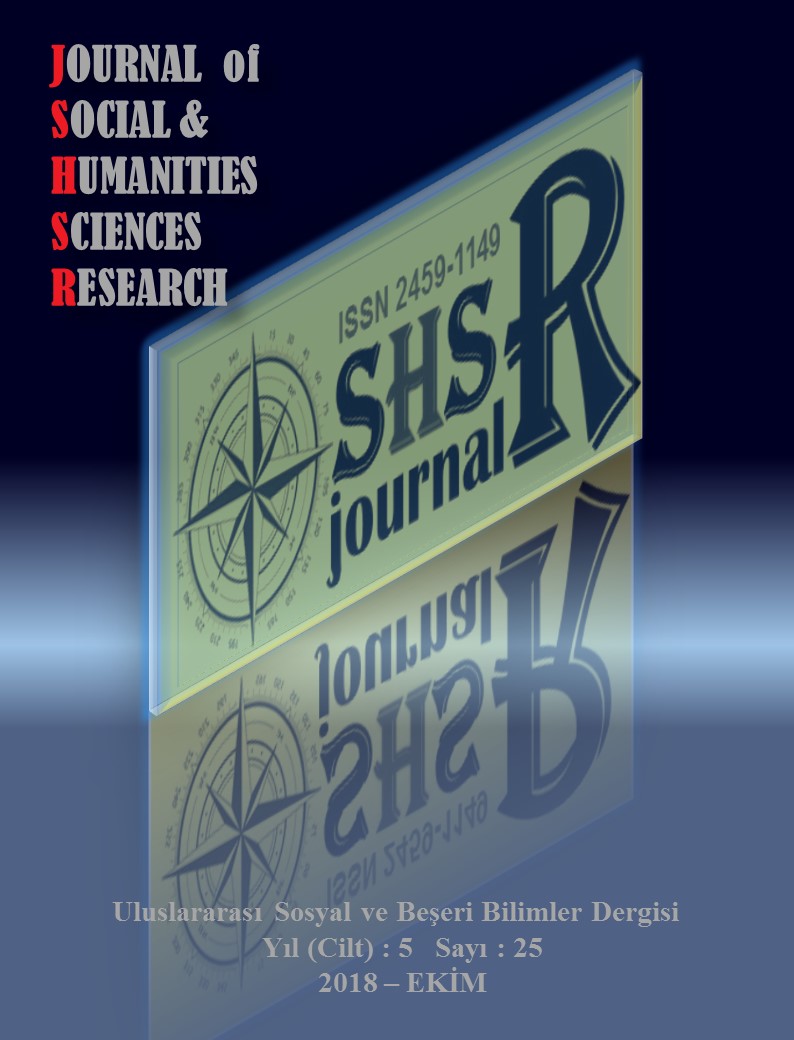LOST CHARISMA: THE OTHER(ED) HEROES IN ZADIE SMITH'S WHITE TEETH AND ELIF SHAFAK'S HONOUR
DOI:
https://doi.org/10.26450/jshsr.572Keywords:
Otherness, cultural in-betweenness, first-generation immigrants, second generation immigrants, Zadie Smith, Elif ShafakAbstract
Britain has turned into a multicultural structure soon after the World War II. It is beyond doubt that immigrants participating in this society, especially those from the first generation, have experienced a number of disappointments and racist attitudes. Likewise, the following generations of immigrant families have suffered from similar dismissive attitudes. Moreover, the younger generations mostly remain in cultural in-betweenness as a result of growing up under the influence of both home and host cultures. In spite of their prior tendency to the host culture, they are reminded of their original culture, religion and real position. Then, they begin to shadow forth their rebellious behaviours, take part in some kinds of organizations referring to their otherness and cultural in-betweenness in the society. In this regard, such novels as Zadie Smith’s White Teeth and Elif Shafak’s Honour foregrounds such themes as ‘immigration’, ‘otherness’, ‘cultural in-betweenness’ in a multicultural society. While analyzing the both novels, this paper firstly aims at examining the first generation male characters like Samad and Adem and then discussing the similarities between the second generation male characters such as Millat and Iskender who firstly seem with their charismatic and dominant posture in the groups of their peers but gradually lose their power and fall out of favour as a consequence of deeds leading to their otherness. In this context, the characters specifically exemplify and embody the concepts of ‘otherness’, ‘cultural in-betweenness’ and the subversion of ‘cultural identity’ in the multicultural Britain
Downloads
Published
How to Cite
Issue
Section
License
Copyright (c) 2018 INTERNATIONAL JOURNAL OF SOCIAL HUMANITIES SCIENCES RESEARCH

This work is licensed under a Creative Commons Attribution 4.0 International License.


